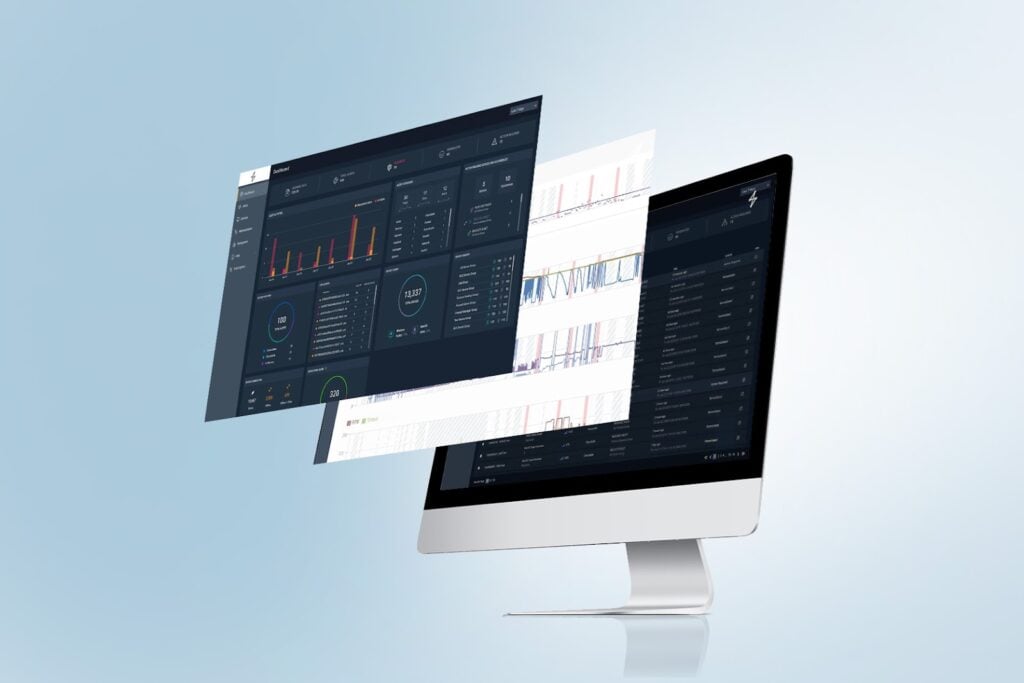Guest Post by Tony Samp, Senior Policy Advisor, DLA Piper
Artificial intelligence (AI) has been on Washington, D.C.’s radar for decades, at least conceptually, but in the past few years the federal government has sought to keep up with the dizzying pace of advances by technology companies and smaller startups—not to mention international competitors, most notably China. This amount of activity creates opportunity and, unfortunately, some uncertainty.
AI prioritization in D.C.
The White House recently established a National Artificial Intelligence Initiative Office (NAIIO). Federal legislators are keenly focused on AI—with 130 pieces of AI-related legislation proposed by members of the U.S. Congress in 2021 alone. This compares to just 20 three years ago. The U.S. federal budget, across essentially every agency and department, continues to rise significantly for AI-related research and development. The standards for AI systems, by which businesses and organizations will operate for decades to come, are being developed through the National Institute of Standards and Technology. Two massive pieces of legislation, the United States Innovation and Competition Act and the COMPETES Act are working their way through Congress, and are perhaps two of the most impactful pieces of research legislation of our lifetime. They will reorganize science and research across the federal government, with an emphasis on AI. In the FY23 President’s budget request that was just released last month, the Pentagon is requesting its largest ever budget for R&D, with heavy investments in artificial intelligence and technology. The opportunities for businesses investing in AI are plentiful.
Meanwhile, across the Atlantic, the European Union has unveiled a new, strict regulatory regime for AI. US-based technology companies with huge global footprints, and new technology startups, will inevitably find themselves squarely in the crosshairs of European regulators. Indeed, the EU framework may end up becoming the de facto global standard for policing AI—just as the General Data Protection Regulation (GDPR) essentially became the de facto privacy standard for multinationals after its enactment in 2018.
It is important to remember that landmark laws in the U.S. like the Civil Rights Act of 1964 and Equal Credit Opportunity Act of 1974 already prohibit forms of discrimination by employers. As businesses increasingly utilize advanced forms of technology such as AI in their operations and decision-making processes, they should be mindful of the unintended outcomes of using AI that may run counter to existing law.
More specific regulatory guidelines for AI in the United States are also being promulgated on an agency-by-agency basis. The Federal Trade Commission (FTC) has made fairness and equality central tenets of the Biden presidency. Lina Khan, as chair of the FTC, made clear that the commission will enforce existing law that is important to developers and users of AI such as Section 5 of the FTC Act, which “prohibits unfair or deceptive practices.”
One thing is clear: The global proliferation of guidance on AI and emerging regulation means that keeping track of it all can be overwhelming for any organization. So how do businesses ensure they are mindful of increasing compliance responsibilities that come with the adoption of artificial intelligence into their business practices?
AI Scorebox
DLA Piper, one of the first law firms in the world to establish a formal Artificial Intelligence practice in 2019, has built a no-fee “AI Scorebox” —a tool to help businesses make sense of the evolving regulatory environment. It’s a starting point for businesses to evaluate the maturity of their AI readiness. Since the deployment of AI is something that needs to be assessed from many perspectives, organizations around the world involve their legal, technical, financial, ethics, and senior leadership teams while using the Scorebox.
Regardless of whether you’re an entrepreneur, an investor, or an established participant in the artificial intelligence ecosystem, you must be aware of the AI developments occurring in Washington, D.C. and know how to stand out and build relationships with government officials.
DLA Piper’s nationally recognized lobbying practice in D.C. helps create business development opportunities with the federal government and mitigates risk when challenges arise. After all, it’s critical to work constructively with someone who has public policy experience to ensure your proposal is presented credibly and effectively before Congress and the executive branch.
The business opportunities for AI are endless and the global increase in AI regulations can be daunting, so try the AI Scorebox to determine your compliance readiness and always be sure to put your best foot forward in Washington, D.C. no matter the issue your business faces.
















